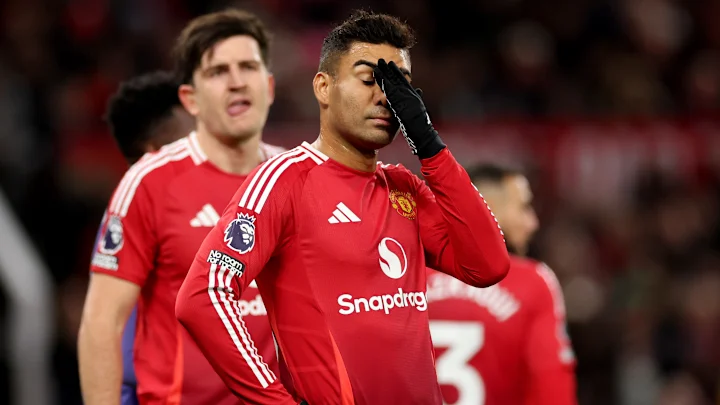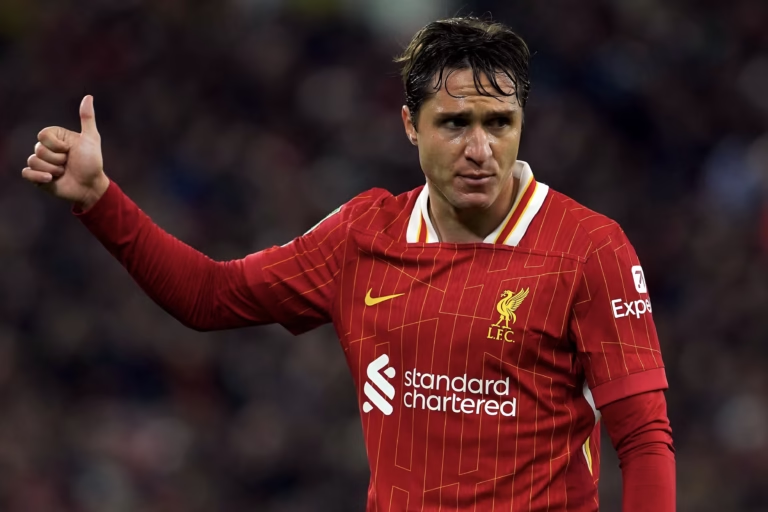Underlying Perils of the £900 Million Partnership Between Manchester United and Adidas
Manchester United’s financial muscle has long set them apart. But even giants can stumble. A recently concluded kit agreement between the club and Adidas, valued at £900 million and formalized in July 2023, incorporates a noteworthy provision: should Manchester United experience relegation from the Premier League, Adidas is entitled to terminate the contract, subject to a one-season notice period.
Exceptional Commercial Arrangement Exhibiting Considerable Economic Magnitude
Under the agreement, Adidas pays United around £90 million annually until 2035. On paper, it’s a dream deal. Yet, when one delves into the specifics of the contractual language, it is discernible that the envisioned potential is not without boundaries. If United don’t feature in the Premier League during a given season, Adidas reserves the right to slash payments by 50%. Worse still, the deal can be terminated altogether if the club is relegated.
Such contractual stipulations are generally associated with teams in financial distress, rather than a preeminent English football organization. But with United’s current form, this clause feels uncomfortably real.
United’s League Position Raises Alarm Bells
Sitting 13th in the table and only seven points clear of the relegation zone, United’s Premier League status — something once taken for granted — now looks far less secure. Considering the expectation that the club would be vying for Champions League qualification, the term “relegation” is now resonating with an uncomfortable frequency.
And that’s exactly what makes this Adidas clause so concerning — it reflects a very real possibility that was previously unthinkable.
More Trouble: Champions League Penalties
However, the contractual clause pertaining to Adidas is not the sole financial risk. According to The Athletic, another stipulation will soon kick in: from the 2025/26 season, United will be fined £10 million for every campaign they fail to qualify for the Champions League.

The club has confirmed this clause, and considering their current struggles, it could quickly become an annual penalty. Given the magnitude of Manchester United’s payroll and operational expenditures, failure to qualify for Europe’s premier club competition extends beyond mere athletic disappointment and constitutes a significant financial liability.
Financial Snapshot: Big Numbers, Bigger Problems
Recent financial figures reveal a complex picture:
- Net losses: £113.2 million — the fifth consecutive year in the red.
- Revenue: A record-breaking £661.8 million — but driven down by rising costs.
- Expenditures amounting to £47.8 million were directed towards the INEOS transaction, under the leadership of Sir Jim Ratcliffe.
- £35 million saved by cutting 250 jobs.
- The club’s wage expenditure increased by 10 percent, reaching £364.7 million. This augmentation is primarily attributed to participation in the Champions League competition.
Despite strong revenue, United flagged multiple risk factors in their financial report — from poor on-pitch performance to reduced commercial appeal. Simply put, the margins for error are getting smaller, and the consequences bigger.
Sir Jim’s Investment: Hope or Temporary Relief?
With the advent of Sir Jim Ratcliffe and his associated minority stake, a sentiment of optimism was generated within the organization. But if results don’t improve soon, optimism could give way to crisis. Scheduled fixtures are accumulating, performance pressure is intensifying, and the playing squad appears increasingly depleted.
At this point, performance isn’t just about points — it’s about survival in a financial sense.

The Adidas Clause as a Symbol of Decline
That particular clause concerning relegation, as integrated into the Adidas arrangement, suggests a greater underlying issue than is superficially evident. Previously, the idea of Manchester United being relegated from the Premier League was considered an unthinkable proposition. Now, it’s written into multi-million-pound contracts. That’s not just a safety net — it’s a reflection of how far things have fallen.
The Champions League penalty clause is just as telling. That which was formerly a trajectory toward sporting triumph has now become a critical financial resource.
What’s Next?
The coming months are critical. If results don’t improve, United risk more than a disappointing finish — they could face a financial fallout that stretches far beyond the pitch.
For a considerable segment of the fanbase, this matter transcends the club’s standing in the league table. It pertains to the current condition of the institution and the future outlook should a rapid transformation not occur.




